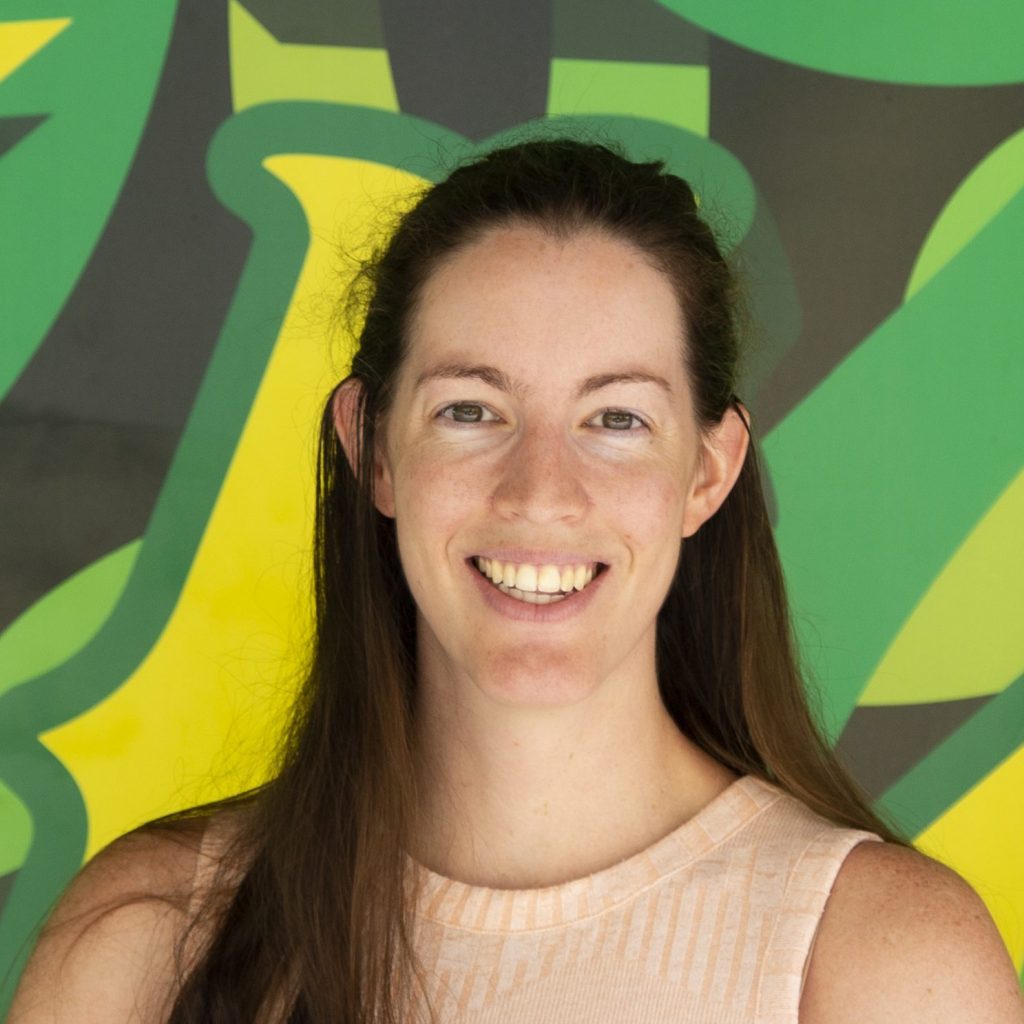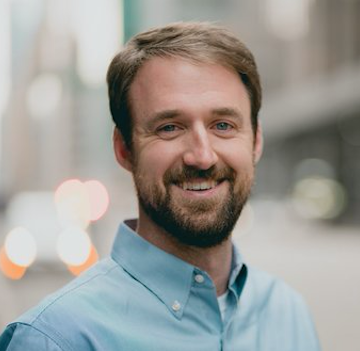Learning Innovation staff virtually attended the 2021 UPCEA Conference to gain inspiration around recent innovations in professional, continuing and online education. We invited colleagues from other Duke departments with online programming to join us. Through our chats during and after the event, we discovered that we shared many of the same challenges and goals for online learning. Here are some of our takeaways from the event:
Duke Alumni

“My takeaway is that we have an important role to play in helping alumni imagine what they could be doing differently in their careers and how that connects to specific skills they might want to build. Once they can see that path, we just need to share all the ways that our colleagues across the university are providing those learning and skill-building opportunities.”
Susan Gordon, Senior Director of Career and Professional Development for Duke Alumni
“I learned a new term, ‘hyflex teaching.’ Hyflex teaching refers to integrating both the face-to-face and online learning experiences. It is a concept I had started to play with before the pandemic, something I thought of as the ‘two for one,’ where I would provide both an in-person lecture and livestream/conversation space for attendees unable to participate in person. Turns out that this concept has been used in practice in formal classrooms at several colleges and universities, and we are now seeing it show up in K-12 spaces also. I wonder, what does hyflex teaching and learning signal about the future?”
Jo Supernaw, Director of Academic Engagement for Duke Alumni

Duke Continuing Studies
“For the group I represent, the conference validated the training model the Professional Certificates Unit within Continuing Studies has always sought to provide adult learners. Our program instruction aligns with specific skills and/or knowledge competency associated, in most cases, with an industry organization/certification process that either enhances or re-engineers the career of the professional adult learner and is recognized within their chosen career industry.
It was also interesting to note that universities on a whole – not just the continuing education noncredit offices – have come to realize that application of curriculum taught, combined with associated credentialing, is a vital component in attracting adult learners back to school. Furthermore, some universities (per some of the case studies presented) have already made great strides in accomplishing this endeavor.”
Dee Holland, Administrative Manager of Professional Certificate Programs for Duke Continuing Studies
Duke Learning Innovation

“I really appreciated the various marketing strategies that were shared; seeing what other programs do to gather data and promote their courses and programs to targeted audiences always helps to push my thinking on what is possible for us to accomplish at Duke. One common theme that stood out to me was the centralized support that other universities seem to have for their online learning initiatives, whereas our marketing and promotional resources are often more decentralized and department-specific which can make creating impactful campaigns with broader scopes more challenging. However, I am excited about the momentum we have gained at Duke for online learning that I hope will continue once we are truly post-pandemic. Many faculty had positive experiences teaching online this past year and are enthusiastic about doing more and doing better.”
Blythe Tyrone, Communications Strategist for Duke Learning Innovation
“What I appreciated most was the opportunity to interact with people across Duke who are thoughtfully addressing both the pedagogical and administrative dimensions of online learning programs. While each program is serving distinct groups of learners, there are lots of shared questions about marketing, enrollment processes, accreditation, credentialing, course design, and more. With so many people across Duke considering how to build on the lessons of the past year to expand their online offerings, there are some tremendous opportunities ahead for collaboration and mutual learning.”
Cody Dunn, Learning Experience Designer for Duke Learning Innovation

Join Our Community of Practice
To provide space to continue these conversations about online learning at Duke, an informal community of practice is forming. In this community we hope to promote collaboration and mutual learning on issues like course and program design, marketing, enrollment processes, accreditation, credentialing, and more.
The first gathering will take place via Zoom from 1 – 2 pm EDT on June 9; any faculty and staff involved in the design and administration of online learning experiences at Duke are welcome to join. A Teams channel is also available to facilitate ongoing conversation and resource sharing. For more information, please email Cody Dunn.
